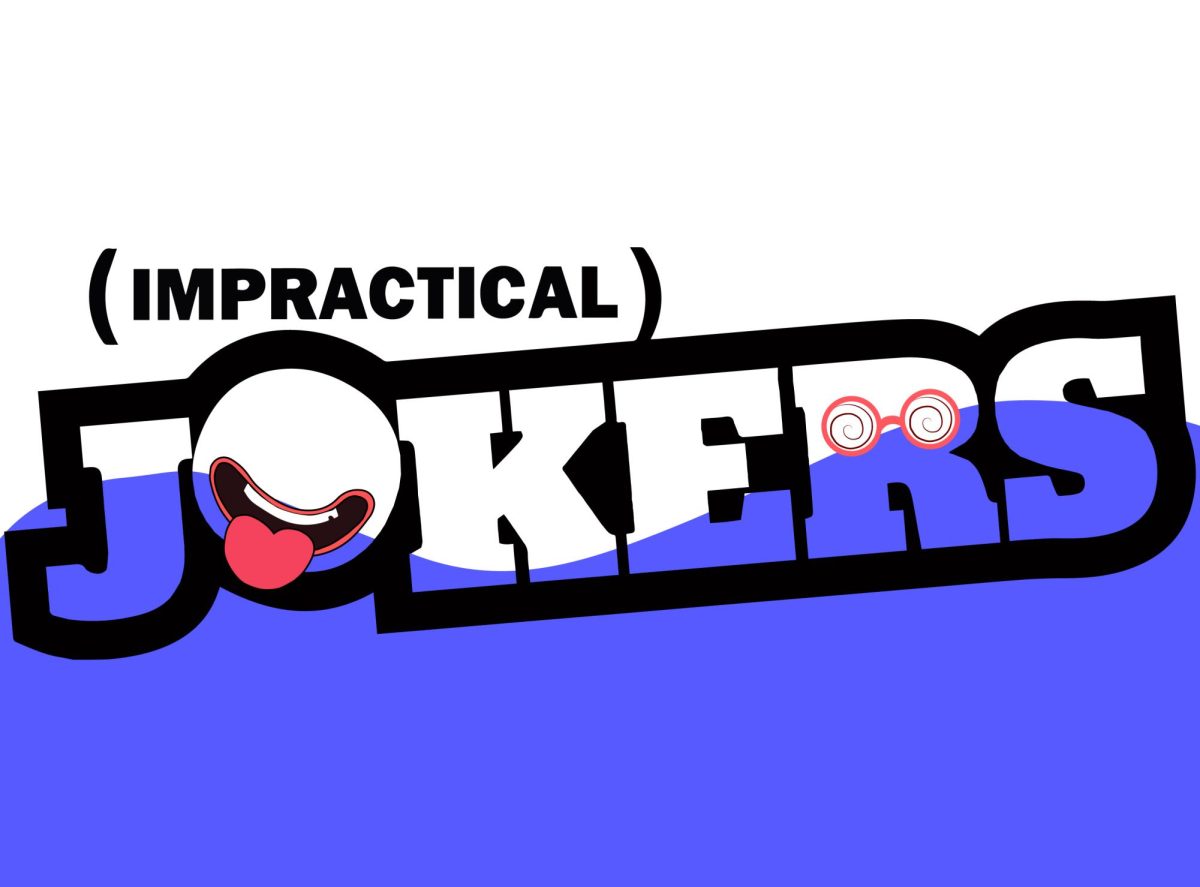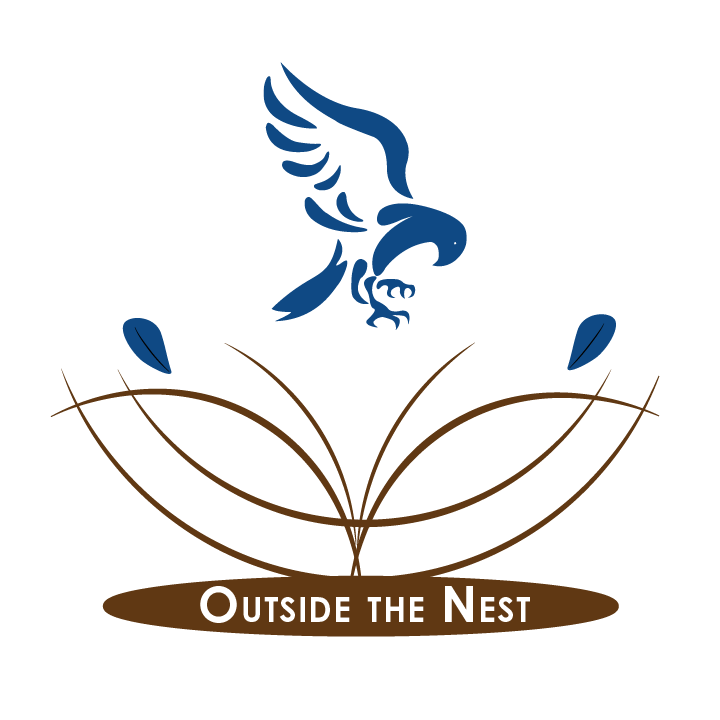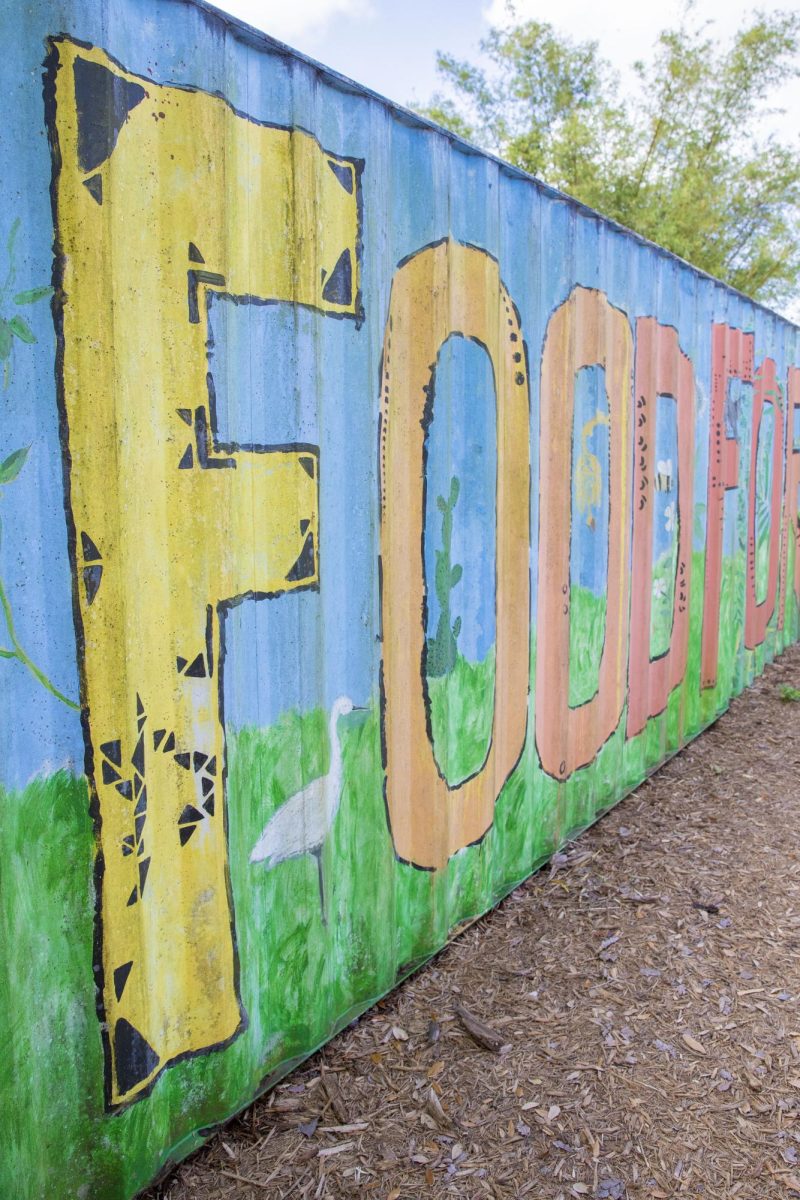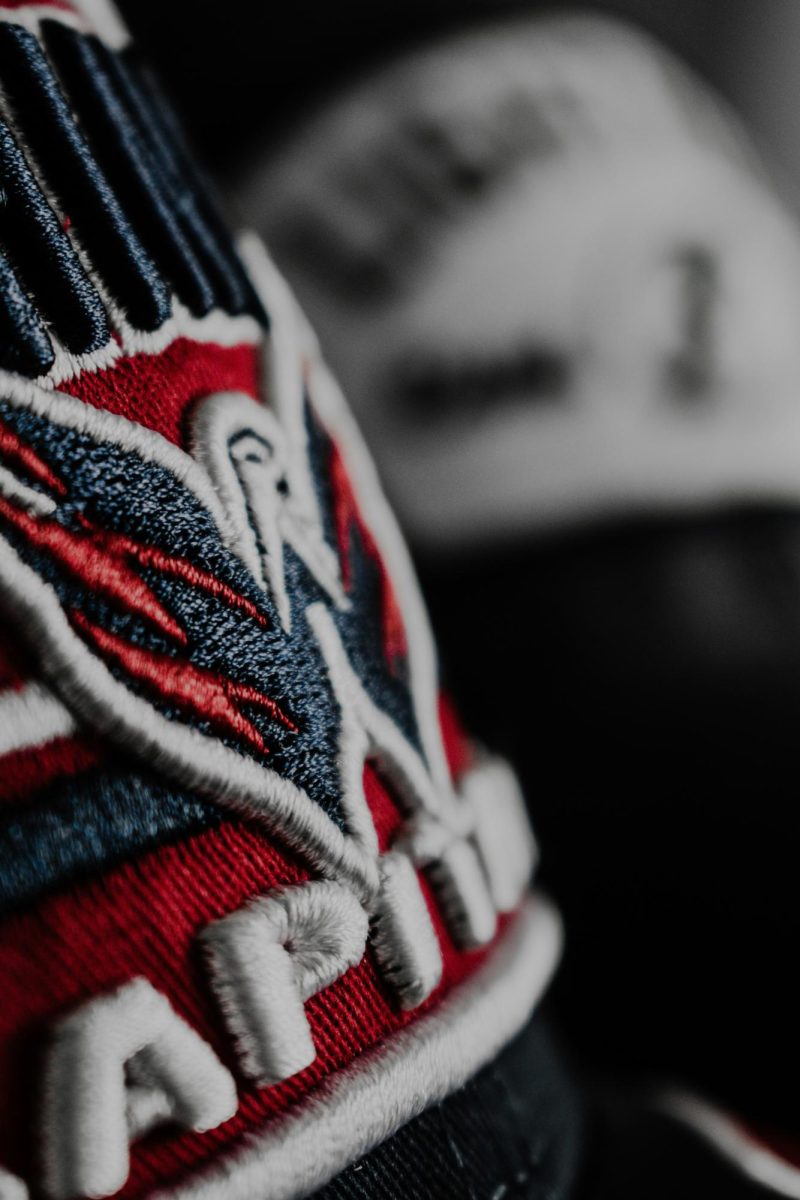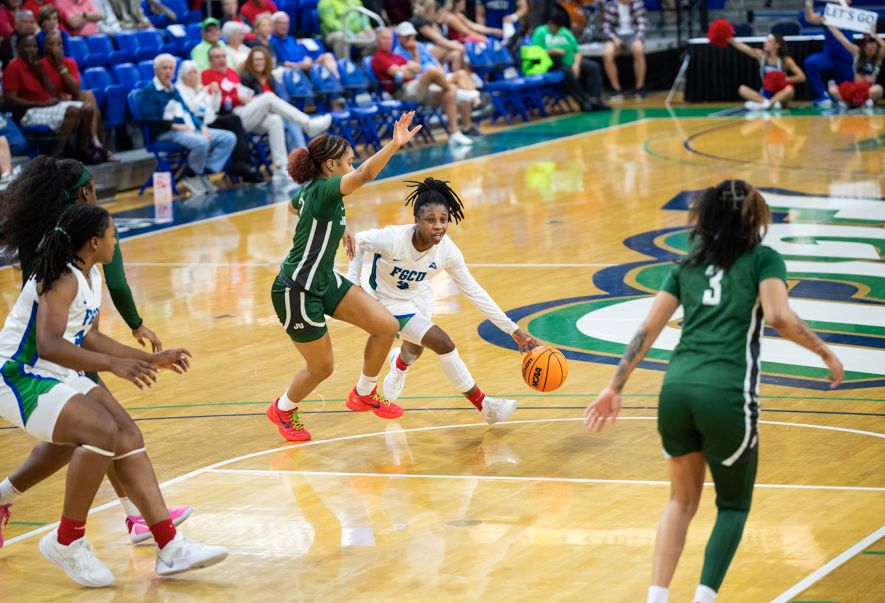$543.56.
Before taxes, that’s the total cost for my textbooks this semester, even if I rent used copies when possible.
Some students see this price as better than what they’re going to spend this spring. With the cost of some books being $200 or more many students find themselves spending hundreds of dollars each semester on textbooks.
Student Public Interest Research Group, a Boston-based organization, released a report titled “Covering the Cost,” showing that textbook prices rose 73 percent between 2006 and 2016.
That’s more than four times the rate of inflation during this time. NBC News reports that prices are up 1041 percent since 1977.
Since textbooks are usually required for the course, students are forced to cough up the cash or risk harming their academic success. One of the more frustrating things about these mandatory books is that some professors don’t end up using them.
“I spent $104 on a public speaking loose leaf book,” Taylor Schaap, a sophomore finance major said. “I never even used it. It’s still sitting unopened in my room.”
For courses where the textbook isn’t used much, students – including myself – may take their chances.
I couldn’t bring myself to spend $215 on a used biology textbook last semester, and my grade suffered for it.
When having the textbook is essential to passing the course, students look to other sources for their books.
Popular sites include Amazon, Chegg or eBay. These sites allow students the option to rent new and used books for often much cheaper prices.
A new trend is the use of access codes to online books, texts or software. Since they only work for one semester, access codes eliminate the option to rent or find used copies. This only raises the cost to the student.
Access codes are the bulk of my costs this semester: $195, $170 and $145. Math classes that use MyMathLab have access codes from $100-200. The average science textbook is at least $250 at the FGCU bookstore.
“I would be okay spending that much money on actual textbooks, but it seems ridiculous to charge so much for online access,” Logan Miller, a sophomore finance major said after spending nearly $750. “I would usually buy a used copy of a book from Amazon, but now I have to spend close to $200 for a brand new access code from the bookstore.”
Online textbooks should theoretically be cheaper for students, but companies can charge as much as they want because students are required or heavily encouraged to use the textbooks.
The “Covering the Cost” study found that one-third of college students use financial aid money on textbooks, with the average spending amount being more than $300.
Over eight semesters, this study shows that college students are spending close to $2,500 on textbooks alone.
“I got luckier this semester, but last fall I spent about $550 on my books,” Courtney Kramer, a freshman nursing major.
Students dread buying textbooks at the beginning of the semester, and rightfully so. Between rising tuition rates and increased textbook prices, the cost of getting a college degree is becoming significantly more expensive.


